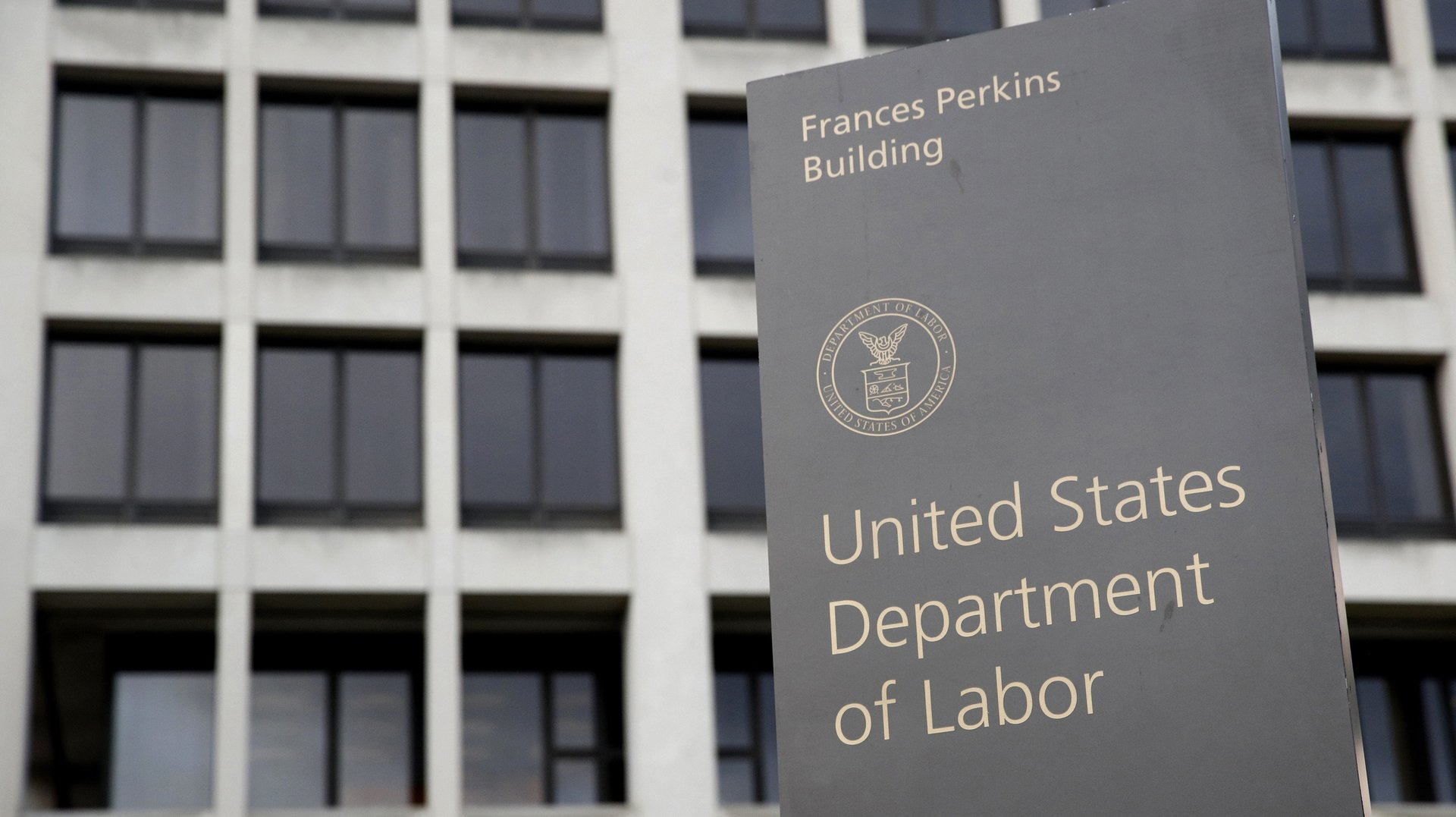A break in the $600 unemployment benefit is especially grave for Black people
As part of the US’s response to coronavirus pandemic, the federal government supercharged unemployment insurance. Since late March, the millions of Americans on unemployment insurance have received an extra $600 dollars a week, on top of what they would normally receive. The $600 enhancement is set to expire today, July 31, and it’s unlikely to be immediately extended, as Congress haggles over how to continue stimulating the economy.


As part of the US’s response to coronavirus pandemic, the federal government supercharged unemployment insurance. Since late March, the millions of Americans on unemployment insurance have received an extra $600 dollars a week, on top of what they would normally receive. The $600 enhancement is set to expire today, July 31, and it’s unlikely to be immediately extended, as Congress haggles over how to continue stimulating the economy.
The checks have made a massive difference. They have helped keep many Americans out of poverty after losing their jobs, and allowed low-income households to keep their spending levels close to pre-coronavirus levels.
Many Republicans do not want to extend the benefit at its current level (or at all,) saying that it will increase the debt, and discourage people from returning to work—many unemployed Americans are actually making more money they did when they had a job due to the extra $600. Republicans have suggested the government give people 70% of what they made when they were employed, but this does not appear to be immediately logistically feasible. Democrats argue that the size of the unemployment benefit has helped keep Americans who don’t feel they can safely go back to work afloat.
An abrupt end to the booster payments in August is going to hit many Americans hard, but new research suggests it will have a disproportionate impact on Black people and the poor. A study released this month from researchers at the University of Chicago and JPMorgan finds that Black households decrease their spending by 50% more than white households after losing income, and Hispanic households decrease their spending by 20% more than white ones.
“People are losing their jobs at unprecedented rates, and one of the key predictors of the vulnerability of households is how much they have in liquid assets,” said the economist Damon Jones, one of the authors of the study. “The typical white household have 9 to 10 times more wealth than Black and LatinX households, so if there is a lapse [in payments] it’s going to hit those communities particularly hard.”
Economists have long suspected that the poor were more sensitive to changes in their income than the rich, but it was hard to be sure. Most previous studies were based on small datasets, and examined sporadic windfalls of income, like lottery winnings and tax refunds. This new study is different because the researchers had access to the bank transactions of almost two million Chase Bank customers in Florida, Georgia and Louisiana from 2012 to 2018. With this data they were able to look at how spending fluctuated with income to a degree of precision never done before. The study is part of a wave of research using big data to answer long standing economic questions.
Their analysis shows that for every one dollar in income lost, Black households tend to spend almost 30 cents less. For white households, it is only 20 cents. Those numbers are for any income lost, but the researchers are also able to specifically look at what happens when people go on unemployment. Their data suggests that four months after someone in a household goes on unemployment, the average Black household spends about 88% of what they spent before compared to about 92% for white households.
The researchers point out that the wealth gap between Black and white Americans is the driving factor in these differences. Poor white households reduce their spending about the same amount as similarly poor black households. With fewer resources to fall back on, poorer households feel the need to decrease their spending more significantly.
“The naive conclusion to this finding is that race doesn’t matter, but wealth matters,” said Damon Jones. “But wealth is a function of race. The causes of the racial wealth gap are due to longstanding forces.”
Jones points out that as a result of historical injustices, the safety net is more important for Black Americans. If the government chooses eliminate unemployment enhancement, or delay it for some months while they negotiate, Black households will once again be the group hurt most.